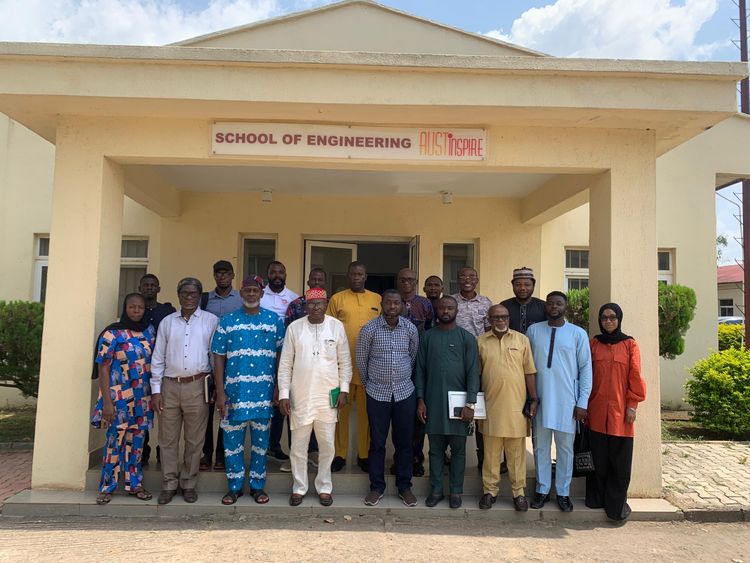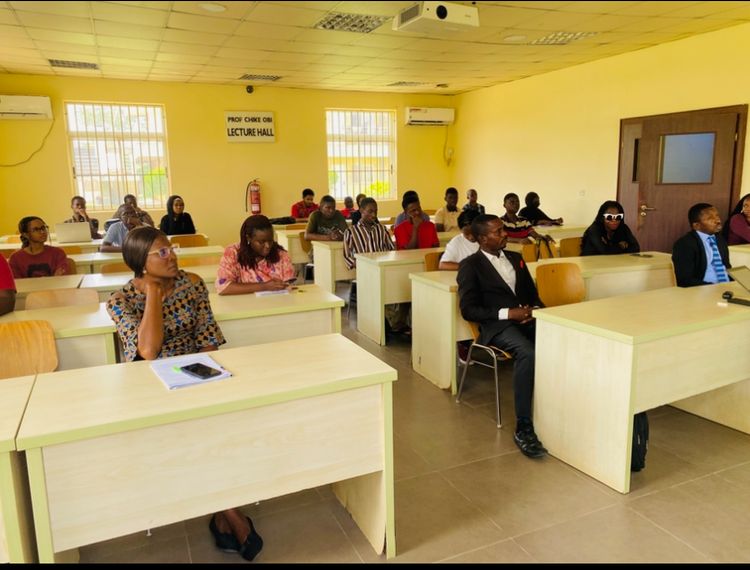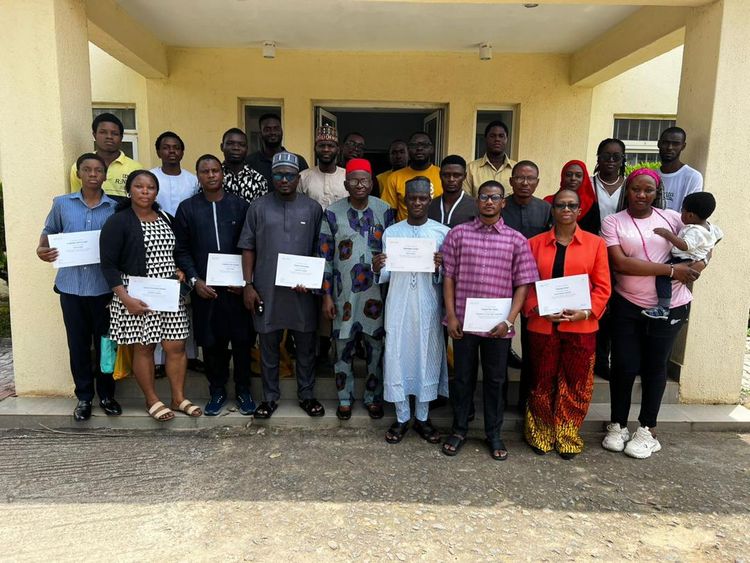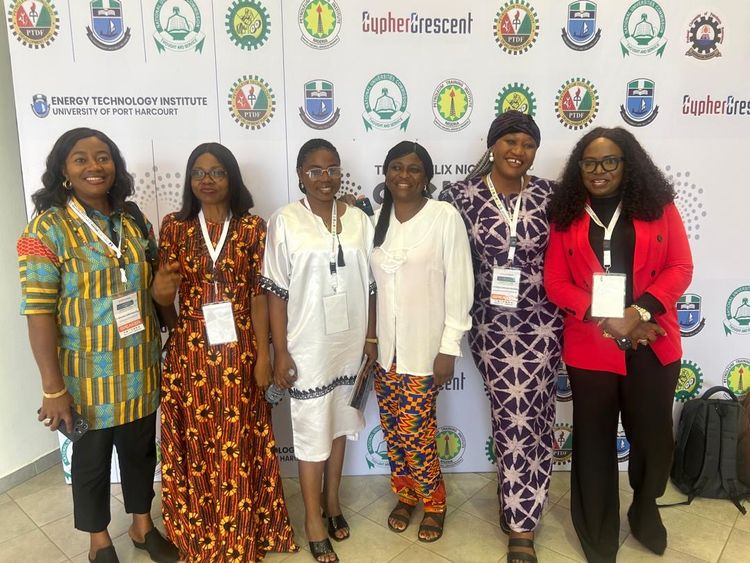AUST holds A Two-Day Sustainable 3D Printing Workshop
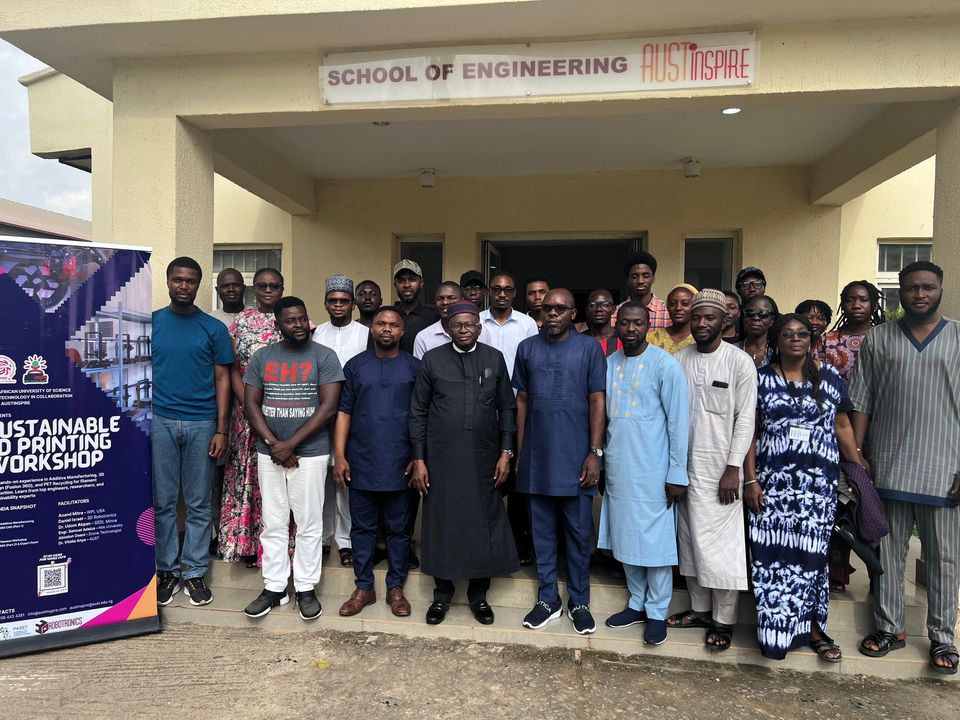
The African University of Science and Technology (AUST), Abuja, played host to a transformative two-day workshop on
Sustainable 3D Printing from July 10–11, 2025.
The event brought together engineers, researchers, designers, technologists, and sustainability advocates from across Nigeria and beyond to explore the intersection of innovation, sustainability, and practical application of 3D printing technologies within the African context.
Moderated by Dr. Vitalis Anye, Acting Dean, School of Engineering and coordinator of the AUSTinspire, the workshop was both intensive and highly engaging, offering participants a rare blend of technical training, panel conversations, and networking.
In his welcome address, the President of AUST, Professor Onwalu Peter Azikiwe, FAS, highlighted the urgent need for Africa not just to adopt but to own innovative technologies like additive manufacturing.
He harped on the need for the continent to jump into the future through sustainable models of production that rely less on importation and more on local ingenuity.
Day One of the workshop focused on the basics and technical grounding in Additive Manufacturing and Fusion using the 360 CAD Modeling.
Facilitators like Anand Mitra a researcher at Worchester Polytechnic Institute (WPI), USA and Daniel Israel (3D Robotronics) pop led hands-on sessions that demystified the process of 3D design and rapid prototyping.
Participants were introduced to the possibilities of designing products digitally and bringing them to life through cost-effective, sustainable methods.
Further discussions centered on how to utilize these technologies in solving problems related to agriculture, medicine, architecture, and manufacturing in Africa.
The second day of the workshop focused on turning waste to wealth. The participants delved deeper into PET to Filament Recycling, where participants were tutored on how to convert plastic waste—especially PET bottles—into usable filament for 3D printing.
This session which was handled by Dr. Udom Akpan, Engr. Samuel Adeiza, and Dr. Vitalis Anye offered real-time demonstrations and case studies on how this innovation could tackle Africa’s waste problem while creating jobs.
Facilitators and participants explored how to commercialize sustainable 3D printing in Africa by laying more emphasis on local production of spare parts, school learning tools, prosthetics, and more, there by reducing over reliance on importation of these materials.
The panel agreed that if properly harnessed, 3D printing could revolutionize not just manufacturing but also healthcare, education, and emergency response across the continent.
The participants were happy that the workshop had equipped them with the technical skills but also a new mindset, one that sees waste as a resource, design as a language of change, and technology as a tool for African self-reliance.
The workshop indeed created opportunities for personnel in STEM to to become entrepreneurs and researchers as the workshop was incredibly impactful.


